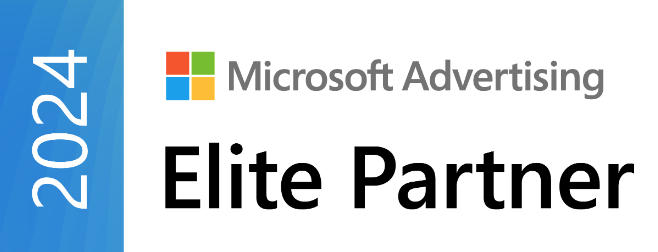This blog will educate you about the documents that you will need to present to your lender.
Being prepared is the best way to ensure a successful loan proposal.
Getting a Loan Is A Path You Walk
Banks will analyze your loan application based on:
- You and Your business’s Credit history;
- Cash flow history;
- Projections for the business;
- Available collateral;
- Business type;
You’ll Need The Following Records
When you apply for a loan, most banks will request the same documentation.
Personal Background and Financial Statement
To evaluate your eligibility, lenders will ask you to fill several forms where you will have to provide personal background and financial information.
You’ll need the last three years tax returns as well as personal bank statements and contact numbers for your personal bank.
Business Financial Statements
You’ll need to show the bank that you can repay the loan. They will base that analysis on your historical Profit and Loss statements as well as your projected financial statements.
You’ll need to show your financial performance either with audited or reviewed financial statements or self compiled financial statements.
Typically, they will want to see your tax returns for the business for the last three years.
The Project Financial Statements should provide information on financial trends, market conditions, management expectations, and possible changes that could alter the financial future.
You’ll also need to show your assumptions for your projections and justify the basis with logical reasons.
Ownership and Affiliates
You must present a list of names and addresses of any subsidiaries and affiliates.
These may include companies in which you hold a controlling interest or others that may be affiliated with yours through a franchise, merger, stock ownership, etc.
Be prepared to show your tax returns for these entities as well.
Loan Application History
Include records of past loan applications.
It’s important to show that you have been able to repay past loans both personally and with your business.
Business Certificate or License
Present your original business license or certificate of business to the lender.
Providing your credentials will prove that you are a legitimate, state-approved company.
Go to your local secretary of state website and download the appropriate documentation and a Certificate of Good Standing.
Business Overview and History
Write a short history of your company and the challenges it has overcome since the day it was founded.
You should add an explanation of why you need a loan.
Use Of Proceeds Section
Make sure you provide a Use of Proceeds analysis on where you will spend the money.
If it’s for a CARE Act SBA loan, expect to document uses for employees, rent, utilities, etc.
Business Lease
Ask your landlord to write you a note stating your payment history on your office lease, if you have one.
Bring along a copy of your rental agreement.
Offer Collateral If Possible
Collateral gives lenders peace of mind that they will retrieve their funds in case you are unable to repay your loan.
To a bank, collateral is any property with a value that covers and often surpasses the sum of the loaned money.
You should present a list of assets that you are willing to give as collateral for the business loan.
You can offer anything from real estate to company assets such as merchandise, machinery, vehicles, etc.
Present a Business Plan
No lender will approve a business loan without a reasonable business plan.
You’ll need to create a document that answers the following three questions:
- How much do you want?
- What do you need funding for?
- How will you pay it back?
If you can answer these questions clearly in a few pages, you will drastically increase your chance of getting the loan.
Making a business plan will also allow you to have a clearer picture of how your company will survive the crisis and how it will thrive once the emergency is over.
Preparing the right documents, offering collateral, and having a good business plan coupled with knowing what banks are looking for, will help you secure the funds you need during the ongoing crisis.
Subscribe for more helpful articles on various topics.
Sign Up For SBA Emergency Loan Info & Other News



